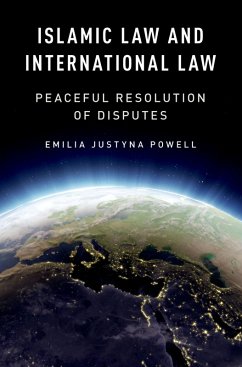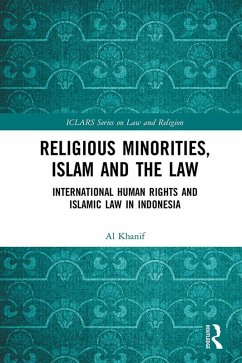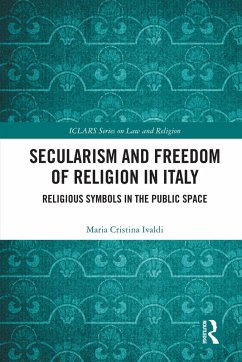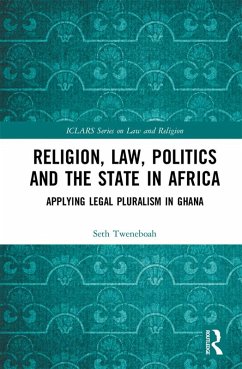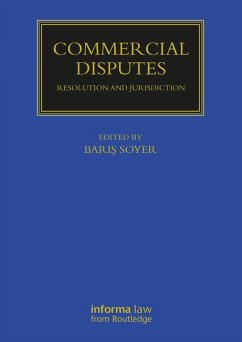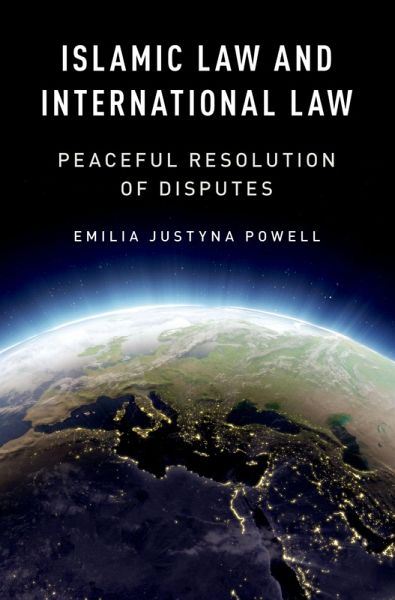
Islamic Law and International Law (eBook, ePUB)
Peaceful Resolution of Disputes
Versandkostenfrei!
Sofort per Download lieferbar
14,95 €
inkl. MwSt.
Weitere Ausgaben:

PAYBACK Punkte
7 °P sammeln!
There are twenty-nine Islamic law states (ILS) in the world today, and their Muslim population is over 900 million. Muslims in these countries--and, to some extent, all Muslims--are ethically, morally, doctrinally, or politically committed to the Islamic legal tradition, a unique logic and culture of justice based on nonconfrontational dispute resolution. In Islamic Law and International Law, Emilia Justyna Powell examines the differences and similarities between the Islamic legal tradition and international law, focusing in particular on the issue of conflict management and resolution. In man...
There are twenty-nine Islamic law states (ILS) in the world today, and their Muslim population is over 900 million. Muslims in these countries--and, to some extent, all Muslims--are ethically, morally, doctrinally, or politically committed to the Islamic legal tradition, a unique logic and culture of justice based on nonconfrontational dispute resolution. In Islamic Law and International Law, Emilia Justyna Powell examines the differences and similarities between the Islamic legal tradition and international law, focusing in particular on the issue of conflict management and resolution. In many Islamic Law States, Islamic law displaces secular law in state governance and shapes these countries' international dealings. Powell considers why some of Islamic Law States accept international courts while others avoid them, stressing throughout that we cannot make blanket claims about such states. Each relationship is context-specific, hinging on the nature of the domestic legal system. Moreover, not all of these states are Islamic to the same degree or in the same way. Secular law and religious law fuse in different ways in different domestic legal systems. Often, the Islamic legal tradition points in one direction, while the Western-based, secularized international law points in another. However, Powell argues that Islamic legal tradition contains elements that are compatible with modern international law. She marshals original data on the legal systems structures in thirty Islamic Law States over the entire course of the post-World War Two era, and she draws from in-depth interviews with Islamic law scholars and leading practitioners of international law, including judges of the International Court of Justice. Rich in empirical evidence, this book will reshape how we think about the relationship between ILS and the international system. The book has been reviewed in more than 25 outlets, including 16 countries, to extensive praise.
Dieser Download kann aus rechtlichen Gründen nur mit Rechnungsadresse in A, B, BG, CY, CZ, D, DK, EW, E, FIN, F, GR, HR, H, IRL, I, LT, L, LR, M, NL, PL, P, R, S, SLO, SK ausgeliefert werden.




